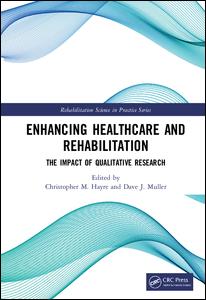

Most ebook files are in PDF format, so you can easily read them using various software such as Foxit Reader or directly on the Google Chrome browser.
Some ebook files are released by publishers in other formats such as .awz, .mobi, .epub, .fb2, etc. You may need to install specific software to read these formats on mobile/PC, such as Calibre.
Please read the tutorial at this link: https://ebookbell.com/faq
We offer FREE conversion to the popular formats you request; however, this may take some time. Therefore, right after payment, please email us, and we will try to provide the service as quickly as possible.
For some exceptional file formats or broken links (if any), please refrain from opening any disputes. Instead, email us first, and we will try to assist within a maximum of 6 hours.
EbookBell Team

5.0
58 reviewsSummary Description
This book is primarily a celebration of the qualitative work undertaken internationally by a number of experienced researchers. It also focuses on developing the use of qualitative research for health and rehabilitative practitioners by recognizing its value methodologically and empirically. We find that the very nature of qualitative research offers an array of opportunities for researchers in being able to understand the social world around us. Further, through experience and discussion, this book identifies the multifaceted use of qualitative methods in the healthcare and rehabilitative setting. This book touches on the role of the researcher, the participants involved, and the research environment. In short, we see how these three central elements can affect the nature of qualitative work in attempts to offer originality. This text speaks to a number of audiences. Students who are writing undergraduate dissertations and research proposals, they may find the myriad of examples stimulating and may support the rationale for methodological decisions in their own work. For academics, practitioners, and prospective qualitative researchers this book also aims to demonstrate an array of opportunism in the field of qualitative research and how they may resonate with arguments proffered. It is anticipated that readers will find this collection of qualitative examples not only useful for informing their own research, but we also hope to enlighten new discussions and arguments regarding both methodological and empirical use of qualitative work internationally.
Features